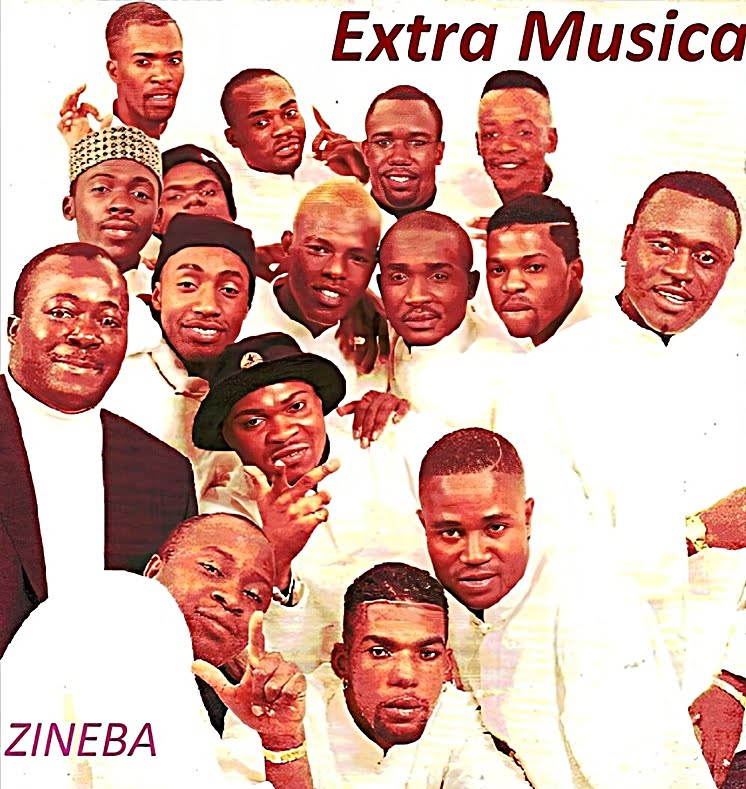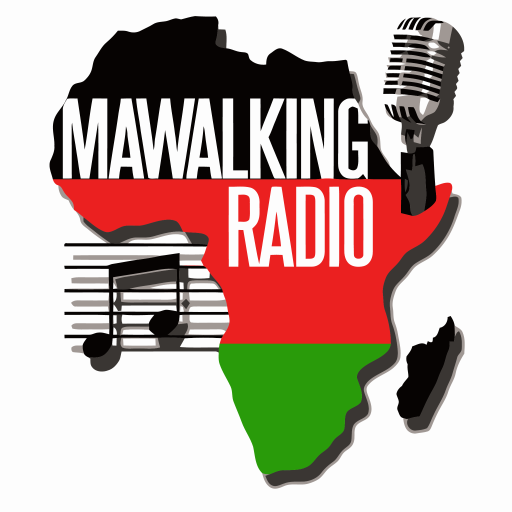
Extra Musica: Pioneers of Ndombolo and Congolese Rumba
Origins and Formation in Brazzaville
Extra Musica was founded in the vibrant Ouenzé district of Brazzaville, Republic of the Congo, in August 1993. This groundbreaking band was established by Roga Roga, Espé Bass, Kila Mbongo, Durell Loemba, Guy-Guy Fall, Ramatoulaye Ngolali, and Quentin Moyascko, most of whom were childhood friends, classmates, and neighbors. Prior to forming Extra Musica, several of the founding members were part of the Cogiex Stars, but after facing resistance for their innovative ideas, they seceded and decided to chart their own course. Their experiences in the local music scene and their shared history at the Sainte Thérèse church laid the foundation for their success.
Rise to Prominence with “Les Nouveaux Missiles”
In 1995, Extra Musica caught the attention of Denide Production, a pivotal moment in the group’s career. Their debut album, Les Nouveaux Missiles, was released in December of that year, catapulting the band into the spotlight. The album’s success was driven by the hit single “Freddy Nelson,” composed by Quentin Moyascko. By April 1996, the album had earned gold status, with over 50,000 copies sold. The commercial success of Les Nouveaux Missiles marked the beginning of Extra Musica’s journey toward becoming one of the most influential Congolese bands of their time.
International Success and the Birth of Ndombolo
In 1996, Extra Musica released their second studio album, Confirmation. This album further solidified their reputation, particularly in African, and the group embarked on tours across the continent. Their music, a fusion of Congolese Rumba and the emerging Ndombolo genre, struck a chord with audiences. Ndombolo, characterized by its fast tempo, electric guitar riffs, and energetic dance moves, was becoming a defining sound of African popular music, and Extra Musica was at the forefront of this movement.
Internal Conflicts and the Creation of Extra Musica International
By 1998, despite their success, internal strife led to a split within the band. Quentin Moyascko, along with several other members, left to form Extra Musica International, while Roga-Roga continued with what would become Extra Musica Zangul. The split was a result of creative and administrative differences, but both factions continued to produce music, maintaining the spirit of the original band. This period of division, however, did not diminish their popularity; in fact, it added a new layer to the band’s dynamic, with fans following both groups.
État-Major: A Landmark Album
Extra Musica Zangul, under the leadership of Roga-Roga, released the album État-Major in December 1998. This album became a landmark in their career, with sales surpassing 100,000 copies in France alone. The hit single “État-Major” became an anthem for the group, showcasing their signature sound—fast-paced rhythms, multi-layered guitars, and engaging lyrics. The success of État-Major solidified Extra Musica’s position as an international sensation, and their concerts attracted large audiences across Africa and Europe.
Continued Evolution: From Shalaï to Trop C’est Trop
In 1999, Extra Musica Zangul followed up with the release of Shalaï, another successful album that further cemented their reputation. The album’s hit single, “Amnistie Shalaï,” resonated deeply with fans for its themes of peace and reconciliation. The band continued their international tours, captivating audiences from Paris to New York with their electrifying performances. In 2001, they released Trop C’est Trop, an album that reflected their growth as musicians and their ability to adapt to the changing landscape of African Music.
Reorganization and the Release of Obligatoire
Following a series of lineup changes, including the departure of key members like Kila Mbongo and Doudou Copa, Extra Musica Zangul underwent a major reorganization. Despite these internal changes, the band released their seventh studio album, Obligatoire, in 2004. The album showcased the group’s resilience and ability to innovate, maintaining their popularity in the African music scene. Their relentless touring and high-energy performances kept them at the forefront of Congolese Music.
La Main Noire and Recognition as African Legends
In 2006, Extra Musica Zangul released the double album La Main Noire. This release was a testament to their enduring creativity and ability to evolve while staying true to their roots. The album’s success was followed by a string of awards, including the Kundé d’Or for Best Artist in Central Africa. The group also collaborated with French rapper Passi on their next double album, Sorcellerie (Kindoki), in 2011, further expanding their influence beyond African shores.
Recent Projects: 242, Bokoko, and Nzoungou
In 2018, Extra Musica Zangul released their tenth album, 242, marking their return to the global stage. The album reaffirmed their status as icons of Congolese music. In 2021, they dropped the EP Bokoko, with its title track achieving critical acclaim worldwide. Their most recent release, the six-track EP Nzoungou, debuted in August 2023, once again proving the band’s staying power and relevance in the modern music landscape.
Legacy of Extra Musica
Over three decades, Extra Musica has remained a driving force in African music. Their innovative blend of Congolese Rumba and Ndombolo has influenced countless artists and continues to inspire new generations of musicians. The band’s ability to adapt to changing times, coupled with their relentless commitment to their craft, has cemented their legacy as pioneers of Congolese Music.




Pingback: AFS254onMWR: The Afro-Fusion Show |
Pingback: Durell Loemba: Congolese Afro-Fusion Pioneer |